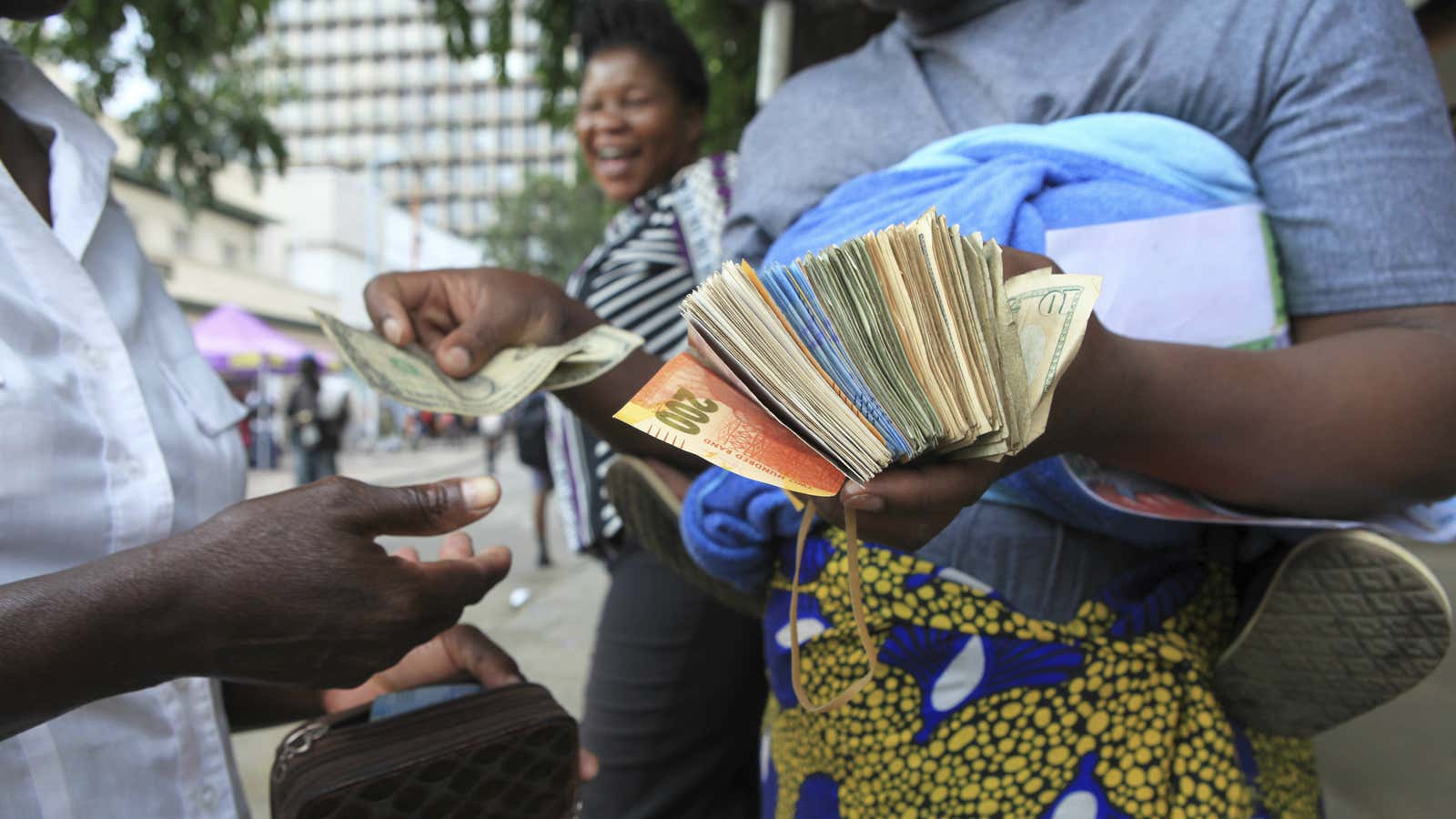A questionable web of shell companies and tax-evasion schemes have cost West African countries millions of dollars in revenue, a new investigation shows.
West Africa Leaks, an investigative project by the International Consortium of Investigative Journalists (ICIJ) in collaboration with West African journalists, has uncovered how these practices take money out the region. ICIJ says its findings were drawn from a pool of 30 million documents, including leaked financial records.
In one example, SNC-Lavalin, a Canadian engineering firm, exploited a “lopsided” treaty between Senegal and Mauritius after winning a $50-million deal to build a processing plant for Senegal’s Grande Cote mineral sands mine. In the hope of becoming more attractive to investors, the 2004 treaty was primarily set up to avoid taxing multinationals twice in each country. But with Mauritius’ notoriety as a tax haven, SNC-Lavalin managed to avoid $8.9 million in taxes altogether. It set up a shell company in Mauritius “for the specific purpose of helping the engineering giant avoid tax payments,” ICIJ reports.
Documents also showed Marcel Tchifteyan, a businessman with close ties to the government in Benin Republic, has routed some earnings for his Erevan superstore in Cotonou—commissioned by then president Thomas Boni Yayi in 2009—through a company in Panama to a Monaco bank account for years, avoiding possible taxes. In Niger Republic, a $31.8-million contract to build a refrigerated slaughterhouse was signed by a “little-known” operator two months after he set up offshore companies in the British Virgin Islands in 2009. A coup d’etat in 2010 halted operations but ICIJ says it’s unclear “whether any of the earnings were ever taxed.”
Aside from the revelations from the ICIJ investigation, other high-profile incidents of illicit financial flows have come to light in recent months. Last July, a lawsuit by the US Justice Department sought to recover $144 million in assets, including a $50-million New York condo and an $80-million yacht believed to have been procured with proceeds from bribes paid for lucrative Nigerian oil contracts.
For countries typically dealing with plugging wide gaps in funding for infrastructure and capital projects, illicit flows due to corruption and tax evasion schemes have a significant effect. And it’s not just a regional problem: Last year, a report by Global Financial Integrity showed Sub-Saharan Africa remains the most vulnerable region, losing up to $69 billion in 2014 alone.
